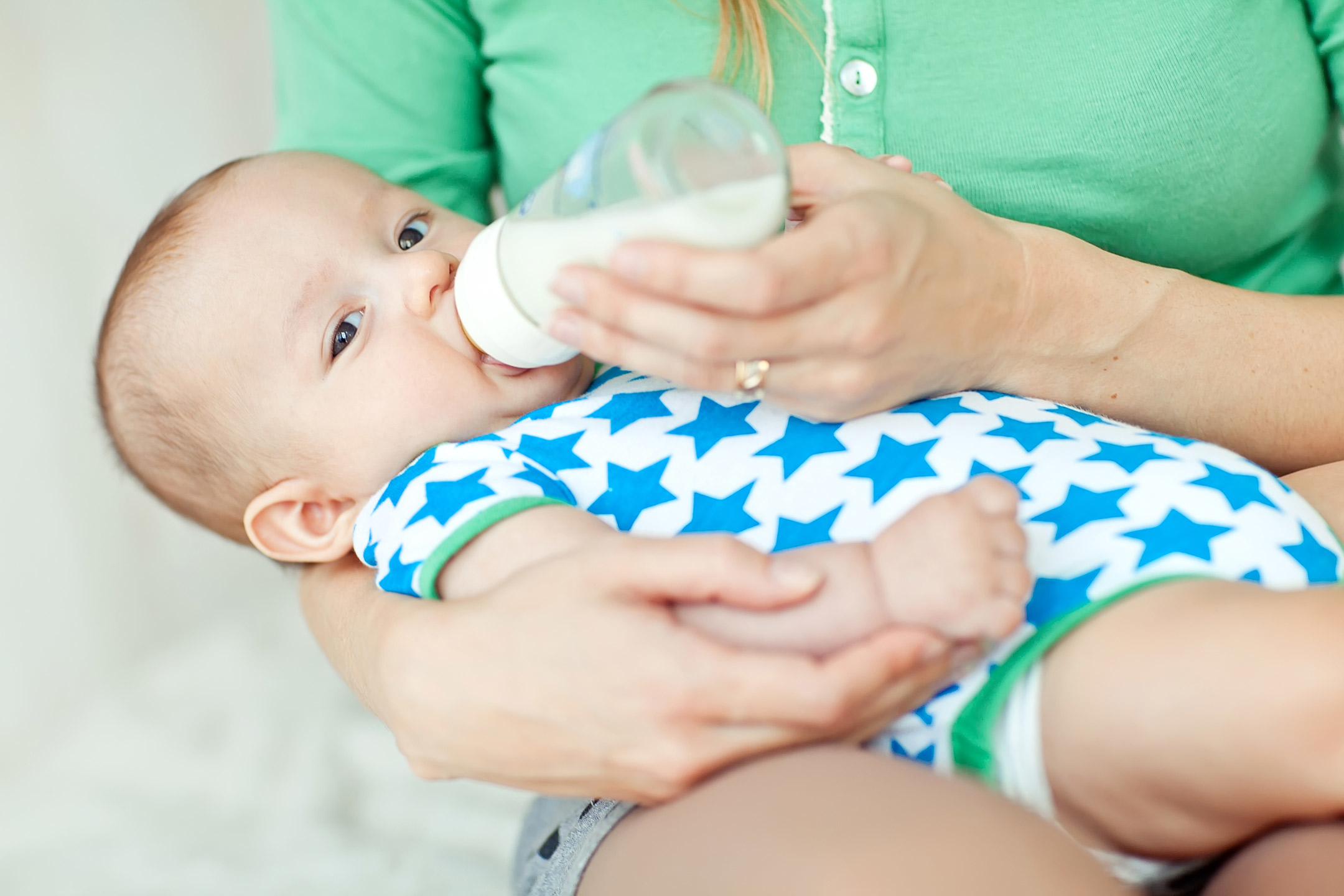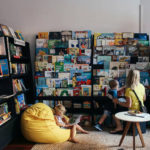
09 Apr Ditch the Bottle at Bedtime: A Healthier Sleep Habit for Toddlers
New research highlights risks of bedtime bottle feeding for little teeth and tummies
Parents want the best for their little ones, but a common bedtime habit could be putting their health at risk. New Australian research has found that bottle feeding toddlers to sleep is linked to higher rates of tooth decay and excess weight gain—offering a timely reminder for families to make the switch to healthier sleep routines.
The study, published in the Australian and New Zealand Journal of Public Health, examined over 700 toddlers and found that:
- More than 30% of two-year-olds were still bottle-fed at bedtime.
- These children were twice as likely to have excess weight in early childhood.
- By age three, children who were bottle-fed to sleep had nearly double the number of cavities compared to those who weren’t.
University of Sydney lead author, and PhD candidate in the Susan Wakil School of Nursing and Midwifery, Heilok Cheng, says that parents and carers want to do the right thing but may not be aware of the health risks of bottle feeding before naps and at bedtime.
“Common toddler drinks, including cow’s milk and formula, often contain either natural or added sugars, increasing the risk of tooth decay. When a bottle is offered at bedtime it’s often being used by carers to calm an unsettled child or encourage the child to drift off to sleep. Because the bottle isn’t being offered in response to hunger, it can lead to overfeeding, putting children at risk of unhealthy weight gain.
“We need to do more to support families and help them avoid getting into the habit of putting a child or baby to bed with a bottle, so that our future generations are set up with a healthy future from the start.”
Why Bottle Feeding at Bedtime Increases Health Risks
Many toddler drinks—including milk and formula—contain natural or added sugars. When a child falls asleep with a bottle, the liquid pools around their teeth, increasing the risk of cavities.
Additionally, bedtime bottles are often given for comfort rather than hunger, making overfeeding more likely and increasing the risk of unhealthy weight gain.
When Should Toddlers Stop Using Bottles?
Health experts recommend introducing cups at six months and phasing out bottles by 12 months. This helps protect children’s teeth while encouraging healthier eating and drinking habits.
Healthier Bedtime Alternatives
To help toddlers settle without a bottle:
✅ Offer a bedtime story or cuddle as part of a calming sleep routine.
✅ Provide water in a cup if they’re thirsty.
✅ Transition from bottle to cup gradually, starting with daytime feeds.
By swapping out bedtime bottles, parents can give their toddlers a healthier start for their teeth, weight, and well-being—setting them up for a brighter future.



